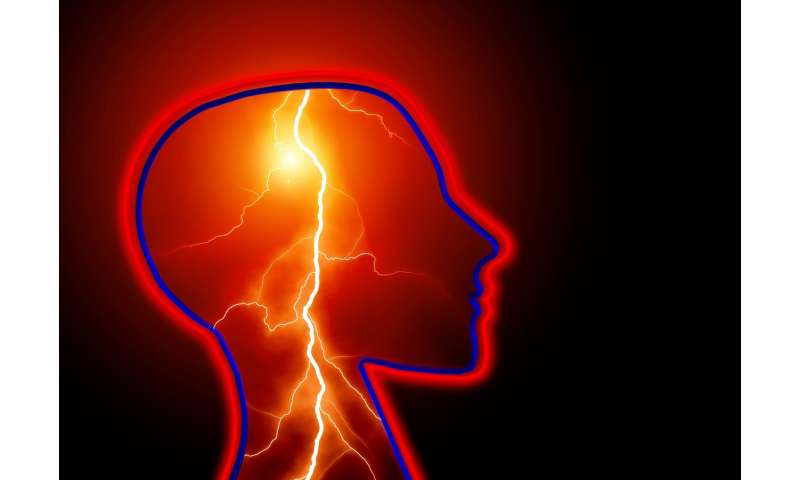
A University of Missouri Health Care neurologist has published more than 40 new recommendations for evaluating and treating stroke patients based on international research examining the link between stroke and novel coronavirus (COVID-19).
Neurologist Adnan I. Qureshi, MD, a professor of clinical neurology at the MU School of Medicine, led a team of stroke experts from 18 countries with documented COVID-19 outbreaks to develop recommendations for doctors evaluating patients with acute ischemic stroke who have either suspected or confirmed COVID-19 infection.
The international panel noted increased clotting in COVID-19 patients, which raised their risk for stroke. The research team found evidence that young people without previous risk factors for stroke are experiencing ischemic stroke with clots in the arteries of the brain presumably related to a COVID-19 infection. The average onset of stroke in COVID-19 patients occurred 10 days after infection, but in some cases, stroke was the initial symptom.
“People may come to the emergency department with stroke, and that may be the initial manifestation of COVID-19 infection, which puts a clear burden on providers because now you may not know if the patient you are evaluating for stroke may actually have underlying COVID-19 infection,” Qureshi said. “The purpose of these recommendations is to provide a step-by-step guide of how to manage these patients. The modifications we suggest have implications for the health of patients, but also the health of those who are involved in their care.”
Qureshi’s research indicates health care workers are at risk of acquiring COVID-19 from stroke patients and they should take safety precautions while limiting the number of care providers who have direct interaction with each patient. The guidelines also call for providers to treat any suspected COVID-19 stroke patient as though the patient has the infection, ensuring the sanitation of all equipment used during the stroke assessment. If a stroke patient is suspected to have COVID-19, a chest CT scan can provide rapid evidence of a possible infection in the lungs.
“Since COVID-19 actually involves the lungs, a simultaneous scan of the chest and brain can check for stroke and identify changes in the lungs that may identify whether this patient truly has or does not have COVID-19 infection,” Qureshi said. “This step has been incorporated into acute stroke protocol at MU Health Care.”
Qureshi encourages stroke patients and their family members to recall any symptoms of dry cough, fever or body aches before the stroke, which may help the provider determine if the stroke is related to an underlying COVID-19 infection. If a COVID-19 infection is confirmed and other organs have been affected, guidelines suggest a Sequential Organ Failure Assessment (SOFA) can provide an overall prognosis before determining the appropriate stroke treatment in COVID-19 patients.
Source: Read Full Article



